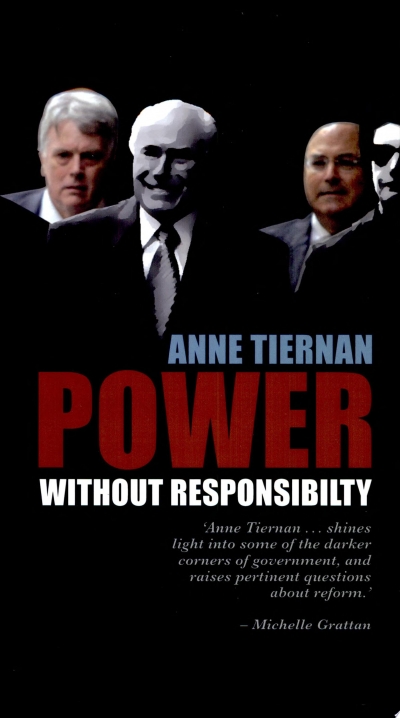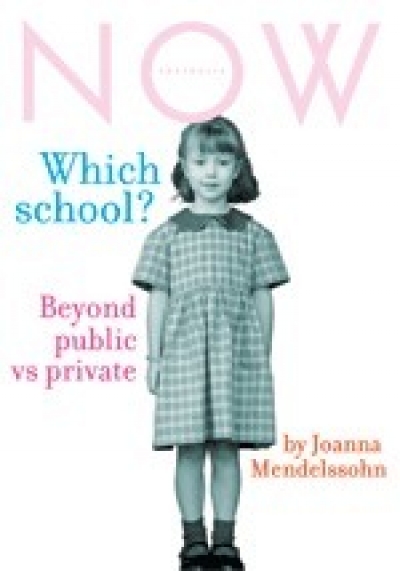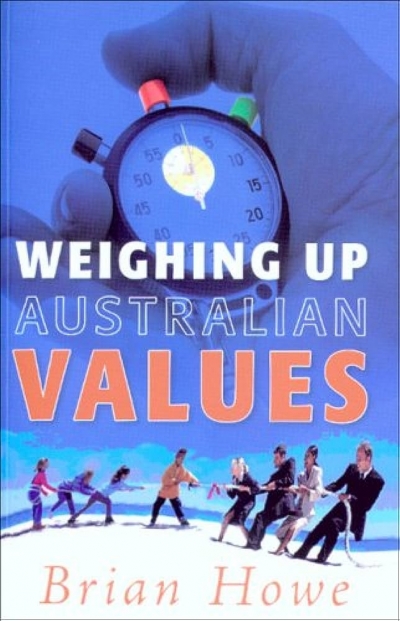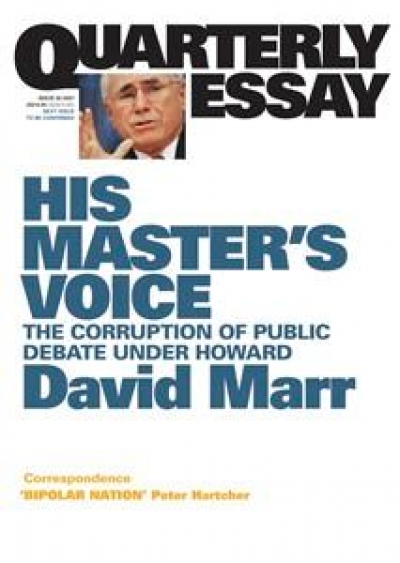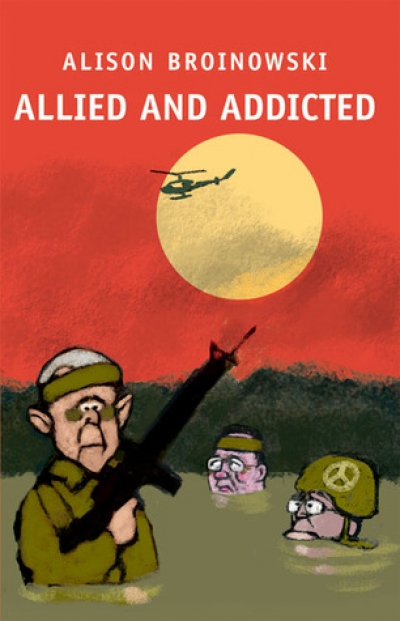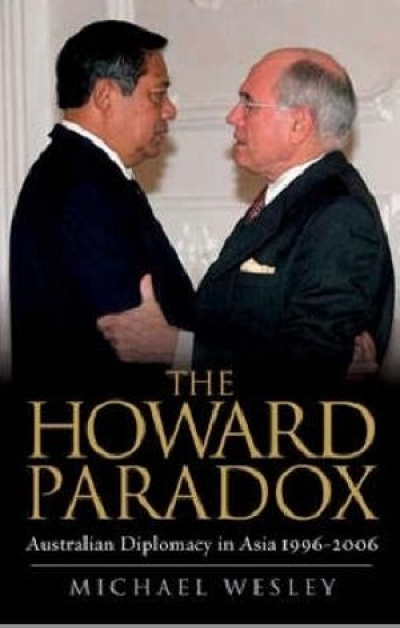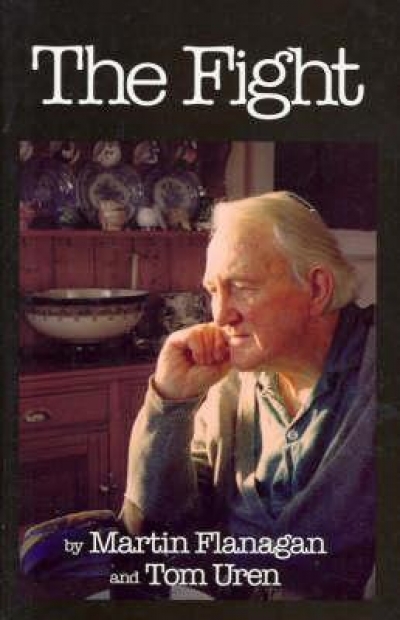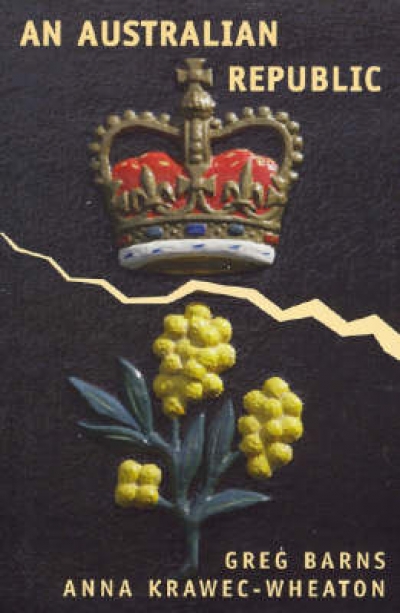Australian Politics
Power Without Responsibility?: Ministerial staffers in Australian governments from Whitlam to Howard by Anne Tiernan
by John Uhr •
Which School?: Beyond public vs private by Joana Mendelssohn
by Ilana Snyder •
Weighing up Australian Values: Balancing Transitions and Risks to Work and Family In Modern Australia by Brian Howe
by Lyndon Megarrity •
His Master’s Voice: The corruption of public debate under Howard (Quarterly Essay 26) by David Marr
by Patrick Allington •
The Howard Paradox: Australian diplomacy in Asia 1996–2006 by Michael Wesley
by Allan Gyngell •
Silencing Dissent: How the Australian government is controlling public opinion and stifling debate edited by Clive Hamilton and Sarah Maddison
by Norman Abjorensen •
Mortgage Nation: The 2004 Australian Election edited by Marian Simms and John Warhurst
by Clement Macintyre •
An Australian Republic by Greg Barnes and Anna Krawec-Wheaton
by Rory Dufficy •

